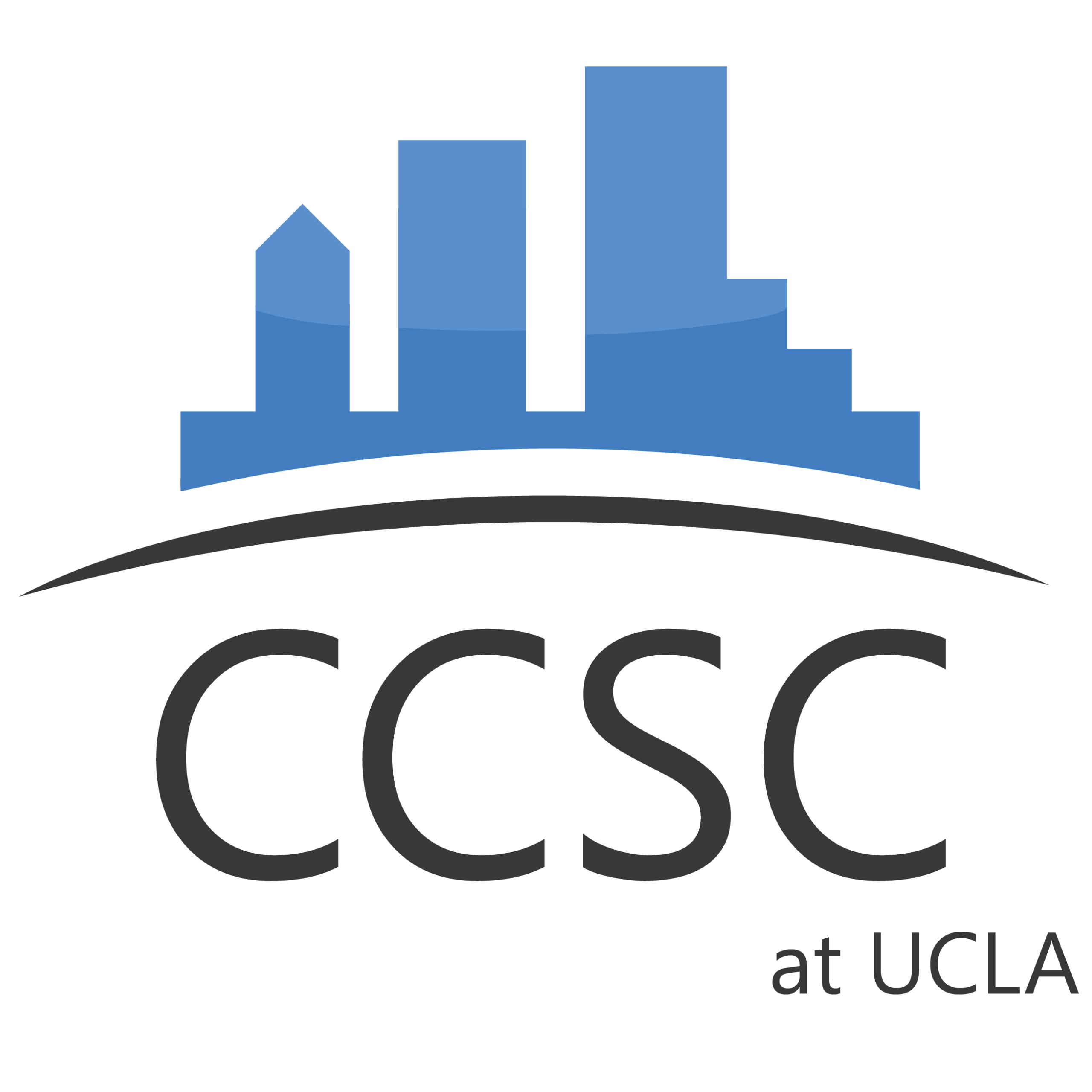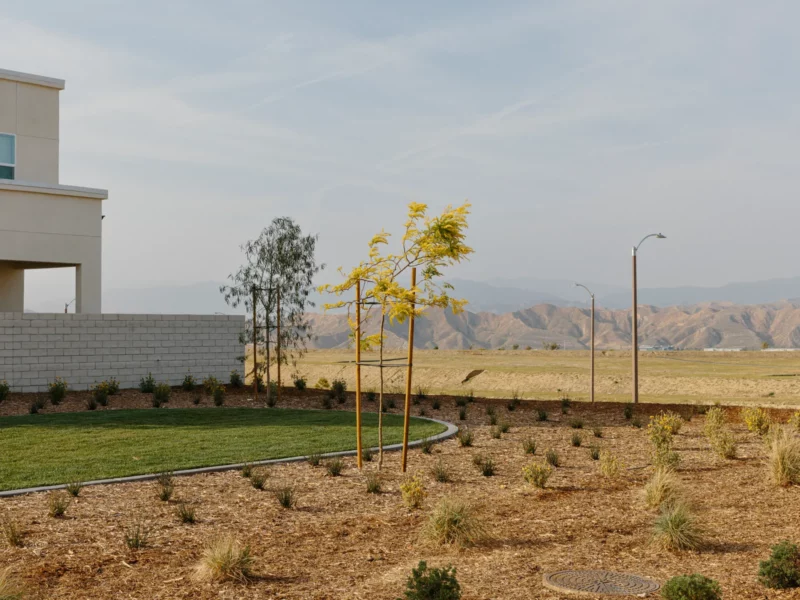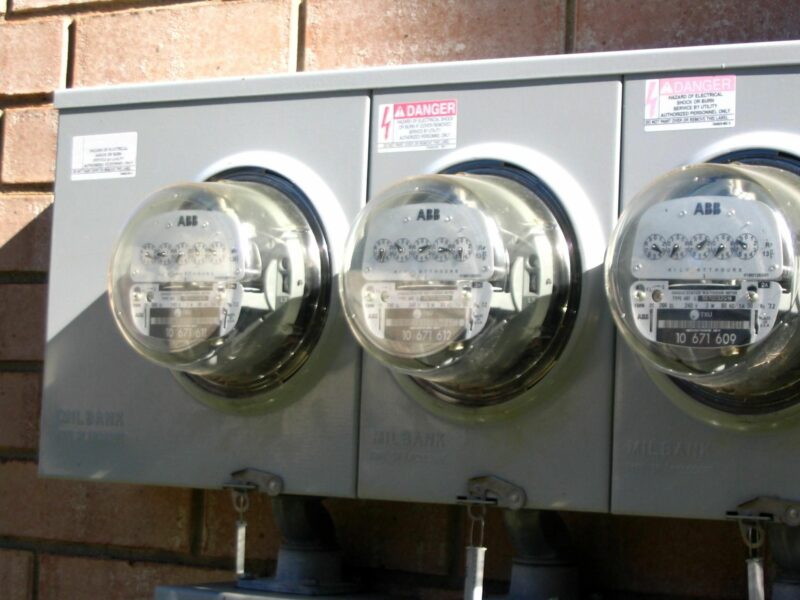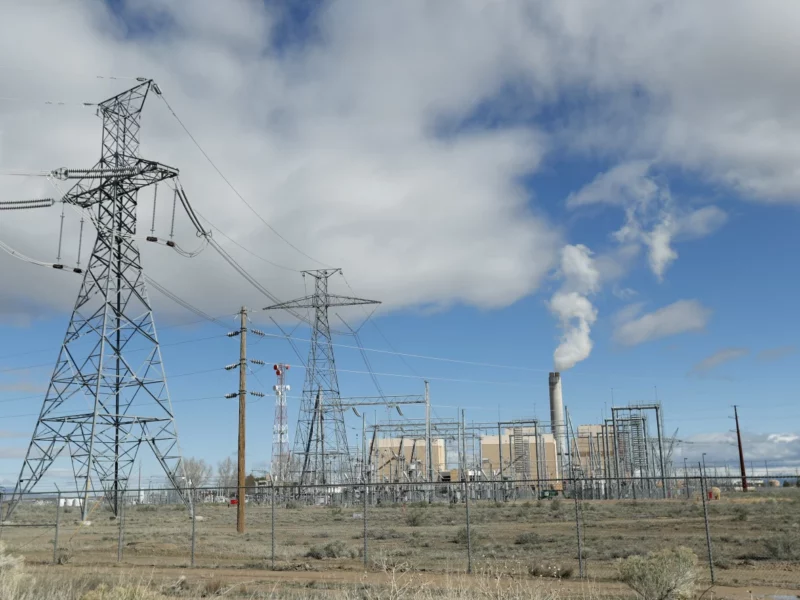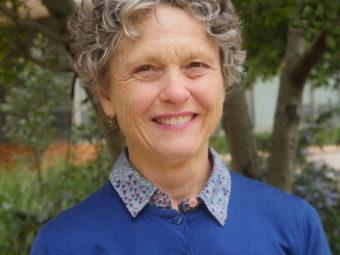Headline
Dr. Pincetl in The New Yorker: Can Sustainable Suburbs Save Southern California?
One downside to the understandable focus on greenhouse-gas mitigation is that more place-specific environmental considerations, including the destruction of traditional landscapes, can get lost. “I think this approach to carbon-dioxide mitigation is a new regime of trying to justify the same kind of development,” Stephanie Pincetl, a professor at U.C.L.A. whose research focusses on land use and the environment, told me. “It’s very clever and extremely insidious because it doesn’t change anything: it doesn’t address structural racism, it doesn’t address affordability, it doesn’t address the climate, it doesn’t address resource impacts, it doesn’t address anything except on paper.”

